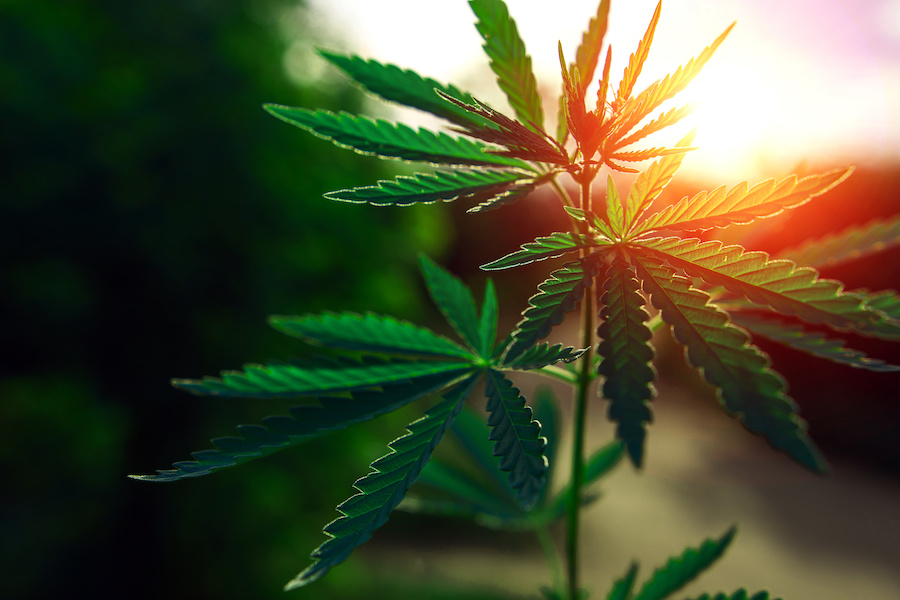Better schools, improved roads, lower crime rates, a noticeable reduction in prescription drug overdoses, an improved economy, and a peace of mind for hard-working American citizens. These are just a few of the impacts of cannabis legalization.
Those who stood or stand against cannabis legalization said that cannabis use among kids and teens would increase. They said that legalizing cannabis would cause unemployment rates to rise. They said that cannabis is the gateway to other drugs, and its legalization would lead to an epidemic.
All of this propaganda has been laid to rest. Let’s look at some of the impacts that cannabis legalization has had thus far in states embracing the plant.
1. Cannabis Legalization Creates Tax Revenue
Colorado has brought in an impressive 1 billion dollars in state revenue from taxes on legal cannabis sales. California just brought in $345 million in tax revenue from legal cannabis falling short of its 1 billion dollar prediction. Washington State brought in $367.4 million from cannabis taxes in 2018. To give you an idea of what this means for states, we’ll look at Washington as an example.
Of the $367.4 million generated from cannabis taxes, six areas received a dispersal of funds. The research sector received $1.1 million, education and prevention received $36.2 million, cities and counties received $15 million, basic health received $117.4 million. At the same time, a general fund of $198.9 million was created, and a $20.8 million fund was marked as other.
In a time and era where the federal government is cutting state funding at every corner, it seems that the funds from cannabis taxes being received by states do more than funding from the federal government!
2. Cannabis Impacts Alcohol Consumption
Post-legalization, alcohol consumption has slightly dropped while alcohol sales still remain strong. According to a report on PRNewswire;
“Over the past several years, alcohol consumption rates have declined rapidly, leaving consumers to find new alternatives. Notably, the cannabis industry is directly correlated with declining alcohol consumption rates; Investment-bank firm Cowen & Co. reported that as of 2016, legal adult-use cannabis U.S. states witnessed binge drinking rates fall by 9% below the national average, and 11% below non-cannabis states.” As more states continue to legalize, we expect to see a similar trend nationally!
3. Cannabis Legalization Impacts Prescription Drug Abuse and Overdoses
Prescription drug abuse and overdose rates have dropped significantly in states that have legalized some form of cannabis. On average, a state that legalizes cannabis medically will see a reduction of 10% or more in abuse and overdoses from prescription drugs. This adds up to a lot of lives saved. Consumers that find themselves addicted to prescription drugs such as deadly opioids are finding a savior in medical cannabis. Many of those who are successfully beating opioid addictions are doing so with the help of medical cannabis.
4. Cannabis Promotes Dramatic Change in Crime Rate
Crime rates are also dropping in states that legalized cannabis. Instead of police officers focusing their time on arresting people for growing plants and for the possession of cannabis, they can focus on real crimes. Crimes like robbery, assault, and murder are able to get more attention from police when they are not wasting time writing up reports over possession or use of a plant.
5. Cannabis Legalization Means Job Growth
Additionally, cannabis is creating thousands of new jobs every year. This is allowing many individuals that have embraced the plant their entire lives to work in a sector in which they have a deep passion for. The entrepreneurial spirit throughout the culture, community, and industry is also helping pave the path for financial security for many.
What do you feel are the most significant impacts of cannabis legalization? We would love to hear your thoughts on the subject in the comments below!
Author, Share & Comments




















